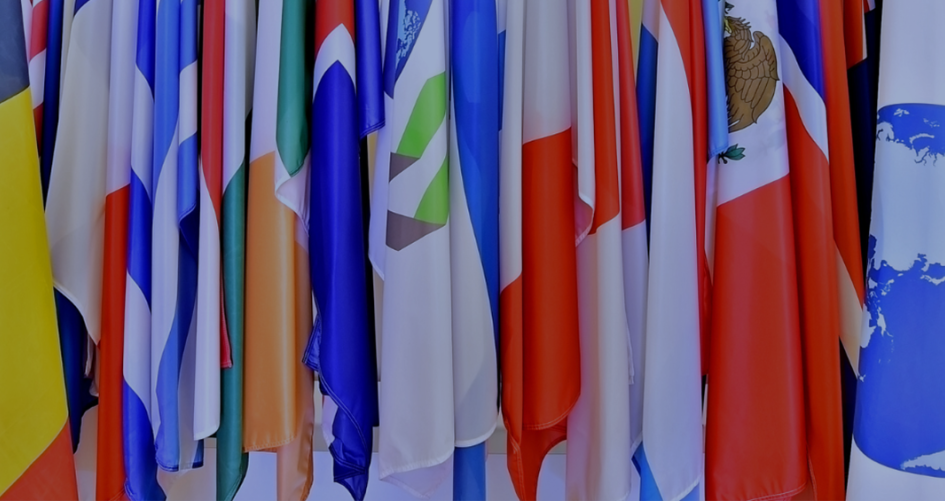Supporting documents: Official documents and decisions
Archive of:
2024-2025 budget preparation process
2022-2023 budget preparation process
2020-2021 budget preparation process
2018-2019 budget preparation process
UNFCCC financial procedures and established funds
In line with Article 7.2(k) of the Convention, COP 1 adopted, by consensus, financial rules for itself, the secretariat and the Subsidiary Bodies (SBs) (“financial procedures”, contained in Annex I of decision 15/CP.1). The financial procedures apply to the Kyoto Protocol and to the Paris Agreement mutatis mutandis (Article 13.5 of the Kyoto Protocol, Article 16.5 of the Paris Agreement).
These procedures provide for a two-year financial period, of which the first year must be an even numbered year. Every two years, the Executive Secretary proposes a programme budget for consideration by the Subsidiary Body for Implementation (SBI), setting out the proposed activities and budget of the secretariat for the coming two years. The SBI considers the proposal and forwards a recommended core budget to the Conference of the Parties (COP) for its approval and for endorsement by the Conference of the Parties serving as the Meeting of the Parties to the Kyoto Protocol (CMP) and the Conference of the Parties serving as the Meeting of the Parties to the Paris Agreement (CMA). The budget is adopted by consensus.
The COP and the CMP adopt scales of contributions that indicate the contributions to the core budget by each Party to the Convention and the Kyoto Protocol, respectively. The indicative scales are based on the United Nations scale of assessments that is adopted by the General Assembly every three years and follows the principle that all Parties should contribute to the core budget. Contributions are due on 1 January of each calendar year.
The COP regularly authorizes the Executive Secretary to make transfers between each of the appropriation lines of the core budget, up to an aggregate limit of 15 per cent of total estimated expenditure for those appropriation lines, provided that a further limitation of up to minus 25 per cent of each such appropriation line shall apply, while ensuring no negative impacts on the activities under each division.
The UNFCCC accounts and financial management of funds are subject to the internal and external audit processes of the United Nations.
The financial procedures include the request to the United Nations Secretary-General to establish two trust funds which bear costs related to the Convention, namely:
- the Trust Fund for the Core Budget;
- the Trust Fund for Participation in the UNFCCC process, which receives voluntary contributions and supports participation of eligible representatives from developing country and EIT Parties in the sessional meetings of the governing and subsidiary bodies.
Subsequently, additional trust funds were established in line with the provision contained in the financial procedures that, subject to the approval of the COP, the United Nations Secretary-General may establish other trust funds, provided that they are consistent with the objectives of the Convention:
- Trust Fund for Supplementary Activities, which receives voluntary contributions from Parties and non-Party stakeholders for activities and projects approved by the Executive Secretary to enhance implementation of the UNFCCC work programme;
- Trust Fund for the Special Annual Contribution of the Government of Germany (the “Bonn Fund”), which consists of an additional annual contribution from Germany, the host of the secretariat, and primarily supports conferences and other meetings in Bonn (decision 16/CP.3);
- Trust Fund for the Clean Development Mechanism for the receipt of fees and shares of proceeds for the administration of the clean development mechanism established under the Kyoto Protocol (decision 11/CMP.3);
- Trust Fund for the International Transaction Log (ITL) for the receipt of fees and the administration of the ITL (decision 11/CMP.3);
Furthermore, UNFCCC classifies specific financial activities into special accounts:
- Special account for programme support costs;
- Special account for conferences and other recoverable costs;
- Special account for cost recovery related activities;
- End-of-service and post-service employee benefits fund.



